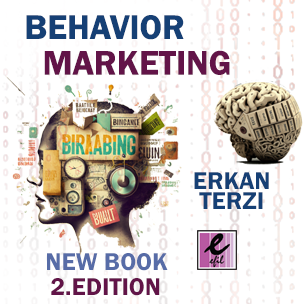With the rise of artificial intelligence, the nature of the internet is undergoing a radical transformation. From search engines to content platforms, from text generation to visual design, many production processes are being automated. While these advancements accelerate access to information, they also raise critical questions about who creates this knowledge, how it’s valued, and who ultimately benefits.
For years, millions of pieces of original content have been produced through websites, blogs, and forums—shaped by the efforts, experiences, and expertise of individuals. Today, many AI systems extract and summarize this content without attribution. Information is now accessible without ever clicking on a website. While this offers convenience to users, it erodes the visibility of content creators and undermines the value of their work.
One of the most concrete examples of this transformation is the silent disappearance of long-standing independent content platforms. For instance, a photography website that operated for over 13 years and hosted nearly 10,000 pieces of original content once served as a vital source for its audience. As AI systems began to summarize such content without referencing the original source, site traffic dropped drastically, making sustainability impossible. The result: a massive digital archive, built over tens of thousands of hours of labor, is no longer accessible.
Similarly, platforms like erkanterzi.com, which continues to publish expert content on marketing strategies, consumer behavior, digital communication, and the impact of AI, face a growing challenge. These original insights are often scanned by AI systems and repackaged without context or credit. As a result, content is produced, but the creator disappears.
Tech giants are increasingly designing their systems to keep users within their own ecosystems. AI-generated answers now appear at the top of search results, discouraging clicks to external websites and draining traffic from independent publishers. Platforms like Google process data internally while excluding the individuals who generate the content from the value chain.
The current architecture of AI systems urgently needs scrutiny. These models are not being shaped by ethical or human-centered design principles but by a monopolistic mindset focused on maximizing profit. This approach not only excludes content creators but also threatens the core values of equality, transparency, and responsibility in the digital world. If these systems are governed solely by corporate interests, it will not be humans but algorithms that win in the AI era. That’s why it is critical that these systems are guided by ethics, empathy, and a humanist perspective—and overseen by interdisciplinary boards and public accountability mechanisms. Only then can artificial intelligence serve the greater good of society.
Another emerging concern is this: if content creators disappear, so will the very data that AI systems depend on. Short-term profitability is being prioritized over long-term sustainability. The ecosystem of knowledge is slowly drying up, and the system doesn’t even realize it’s cutting off the branch it’s sitting on.
This is not just a question of technology—it’s also about ethics, respect for labor, and the economics of information. AI systems must not only learn more but also clearly acknowledge the sources of what they learn and how they use it. Information is not just data—it’s the product of a mind, of labor, and of lived experience.
In the end, AI is speaking. But the most critical question remains:
Who’s really listening?
And more importantly:
Who has already fallen silent—and gone unheard?


